

Max Lab > Lab Test in Rohtak > Lab Test in Baliana > Non Invasive Prenatal Aneuploidies Screening (NIPT) Test
₹ 15000
10% OFF for Senior Citizens | USE CODE SS10 *
|
|
Non Invasive Prenatal Aneuploidies Screening (NIPT) Test |
|
|
Blood |
|
|
Doctor Prescription is must
|
|
|
|
|
₹ 15000 |
@3x.png) Description
Description
The Non-invasive Prenatal Testing (NIPT) is a prenatal screening test in Baliana, Rohtak used to detect potential chromosomal abnormalities and other fetal health concerns. It provides expectant parents with early insights into their baby's genetic health. NIPT is a blood test in Baliana, Rohtak recommended for all pregnant women, but especially those in certain categories with a higher risk of chromosomal abnormalities.
The NIPT Test is a sensitive screening test in Baliana, Rohtak that primarily assesses the condition of Down syndrome (trisomy 21), Edwards syndrome (trisomy 18), and Patau syndrome (trisomy 13).
NIPT lab test in Baliana, Rohtaks can also detect abnormalities in sex chromosomes and other genetic conditions. While it's a valuable tool, it's important to remember:
NIPT is a screening test in Baliana, Rohtak: It indicates an increased risk of an abnormality, but it's not diagnostic. Further test in Baliana, Rohtaking may be needed.
NIPT doesn't detect all abnormalities: It focuses on specific chromosomal conditions.
NIPT blood test in Baliana, Rohtak reports can help in determining the sex of the fetus. Moreover, a non-invasive prenatal paternity test can be performed as early as the 7th week of pregnancy to determine the paternity of the fetus.
Unlike other invasive test in Baliana, Rohtaks like Chorionic villus sampling (CVS), amniocentesis, and percutaneous umbilical blood sampling, a basic NIPT test in Baliana, Rohtak poses no risk to the fetus.
Chromosomal abnormalities can happen during fetal development or egg/sperm formation due to errors in cell division (meiosis or mitosis). While maternal age is a risk factor, these abnormalities can occur in pregnancies regardless of age or health history.
NIPT test can scan several key abnormalities and help doctors and parents-to-be to prepare for and manage pregnancy more effectively.
While there are no outward signs that indicate chromosomal disorders, pregnancies that are at a higher risk conditions include,
@3x.png) Description
Description
The Non-invasive Prenatal Testing (NIPT) is a prenatal screening test in Baliana, Rohtak used to detect potential chromosomal abnormalities and other fetal health concerns. It provides expectant parents with early insights into their baby's genetic health. NIPT is a blood test in Baliana, Rohtak recommended for all pregnant women, but especially those in certain categories with a higher risk of chromosomal abnormalities.
The NIPT Test is a sensitive screening test in Baliana, Rohtak that primarily assesses the condition of Down syndrome (trisomy 21), Edwards syndrome (trisomy 18), and Patau syndrome (trisomy 13).
NIPT lab test in Baliana, Rohtaks can also detect abnormalities in sex chromosomes and other genetic conditions. While it's a valuable tool, it's important to remember:
NIPT is a screening test in Baliana, Rohtak: It indicates an increased risk of an abnormality, but it's not diagnostic. Further test in Baliana, Rohtaking may be needed.
NIPT doesn't detect all abnormalities: It focuses on specific chromosomal conditions.
NIPT blood test in Baliana, Rohtak reports can help in determining the sex of the fetus. Moreover, a non-invasive prenatal paternity test can be performed as early as the 7th week of pregnancy to determine the paternity of the fetus.
Unlike other invasive test in Baliana, Rohtaks like Chorionic villus sampling (CVS), amniocentesis, and percutaneous umbilical blood sampling, a basic NIPT test in Baliana, Rohtak poses no risk to the fetus.
Chromosomal abnormalities can happen during fetal development or egg/sperm formation due to errors in cell division (meiosis or mitosis). While maternal age is a risk factor, these abnormalities can occur in pregnancies regardless of age or health history.
NIPT test can scan several key abnormalities and help doctors and parents-to-be to prepare for and manage pregnancy more effectively.
While there are no outward signs that indicate chromosomal disorders, pregnancies that are at a higher risk conditions include,

Typhoid fever is a severe infection that can affect different organs. It is a...Read More
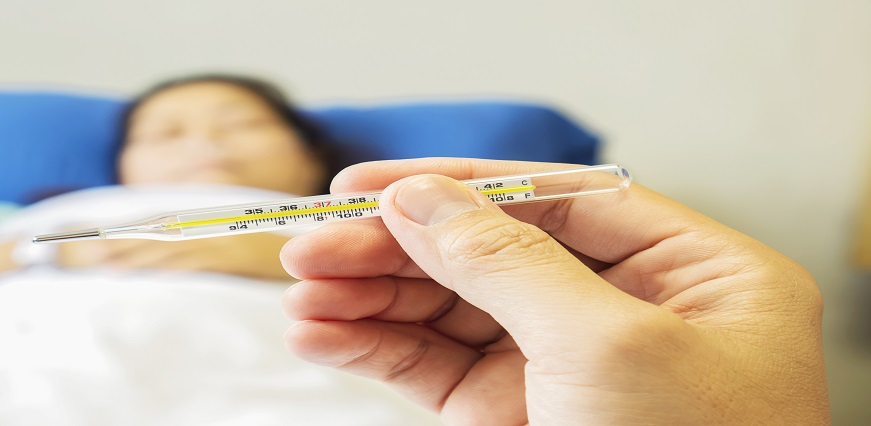
Typhoid is a bacterial disease that has been affecting the world’s popu...Read More

Typhoid fever is relatively rare in developed countries but quite common in d...Read More
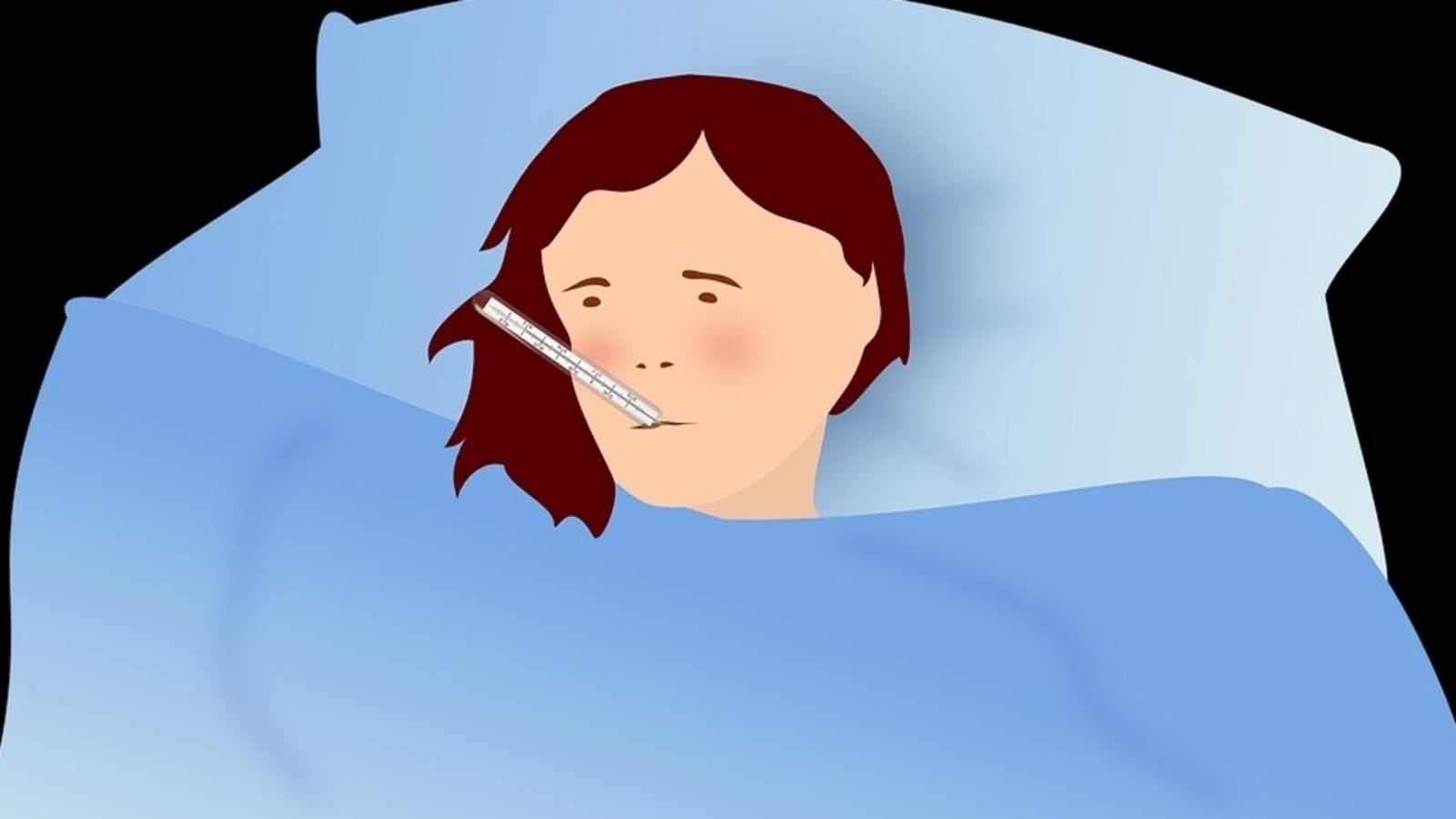
Certain diseases like malaria, dengue, etc. are common during the monsoon sea...Read More
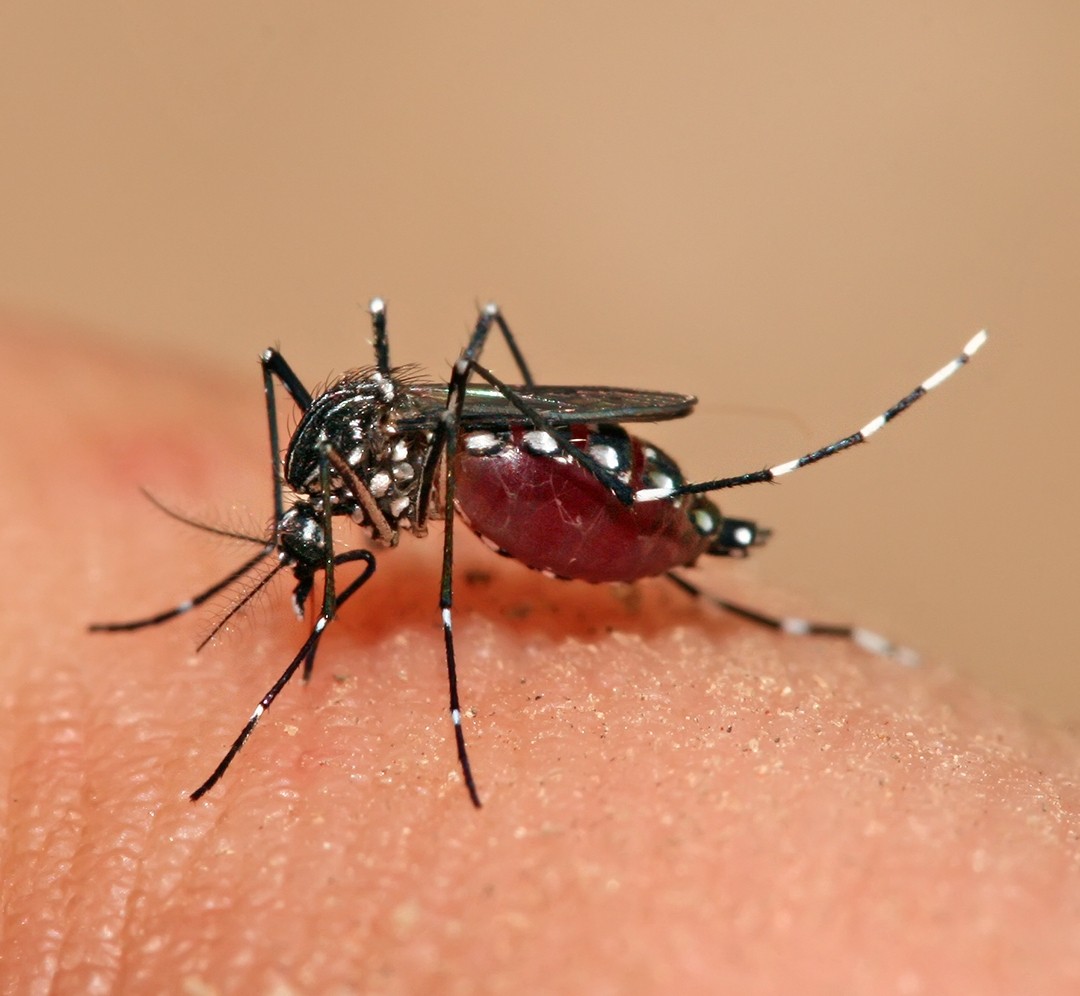
Chikungunya is an arthropod-borne infectious disease caused by the ...Read More
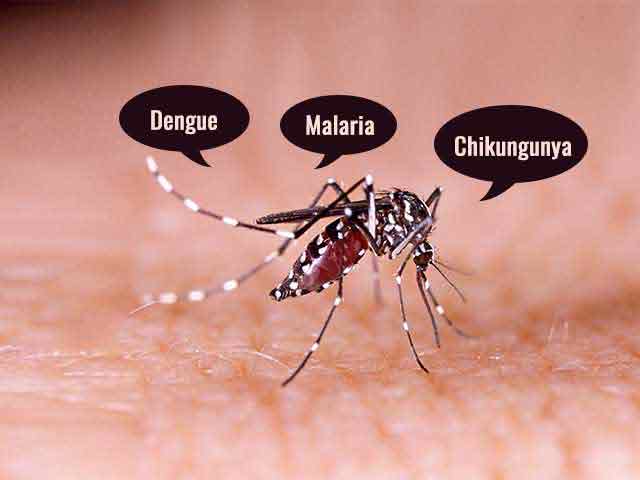
Tropical and sub-tropical countries have climatic conditions that make the at...Read More
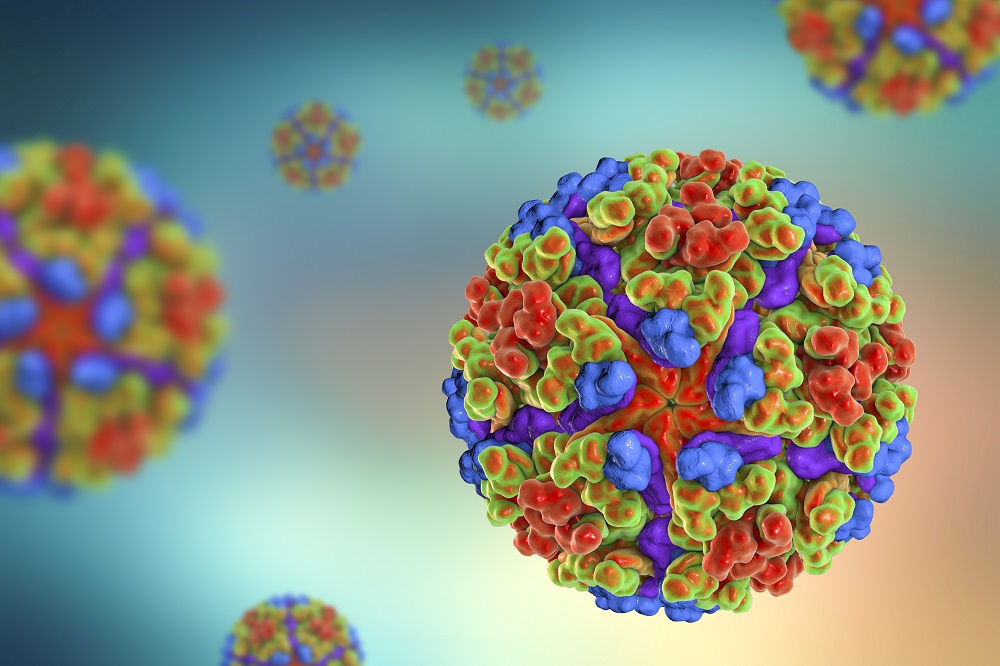
Transmitted to humans through the bite of a mosquito, chikungunya is a viral ...Read More
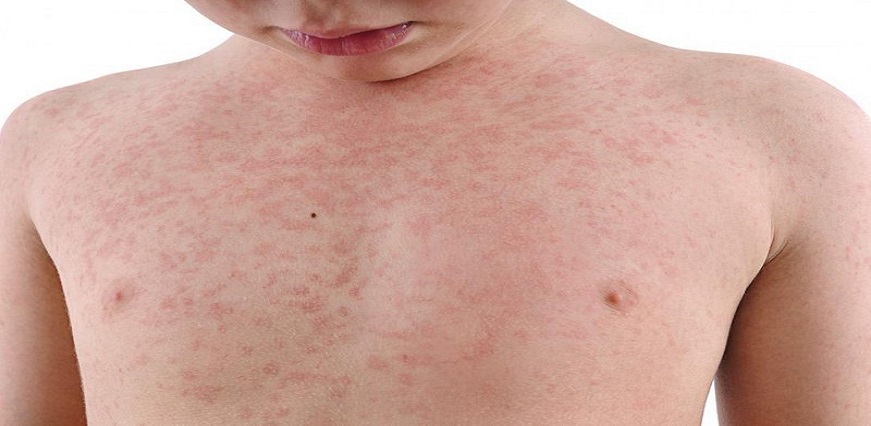
Rubella is caused by the RuV (Rubella virus) and is a contagious viral infect...Read More

Never ignore the first cues of viral fever Viral...Read More

A bacterial infection called typhoid can spread throughout the body and harm ...Read More
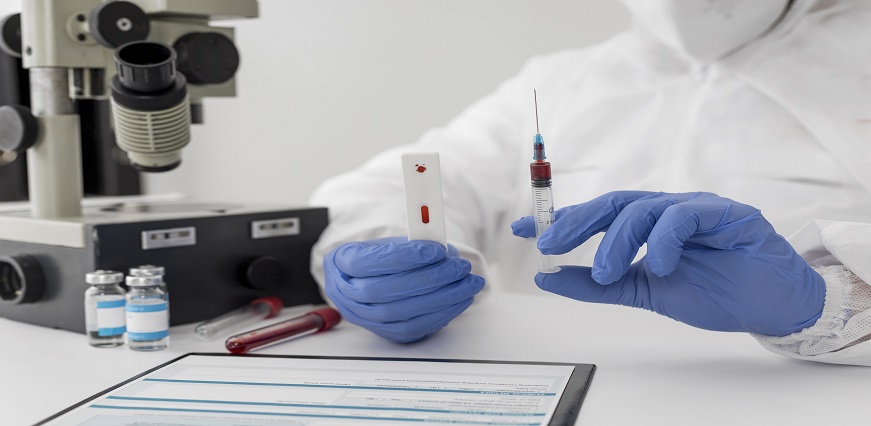
Are you experiencing symptoms like fever, headache, and muscle aches? These a...Read More

Are you feeling under the weather lately? Well, you're not alone! The num...Read More

What is Pyrexia? Also known as fever, pyrexia is...Read More

Viral fever, a common ailment that affects people of all ages and genders, is...Read More

Rheumatic fever is a condition that often flies under the radar, but its impa...Read More

Intermittent fever is crucial for effective diagnosis and treatment. This blo...Read More

Chills can be an unsettling experience, especially when they strike without t...Read More

Scarlet fever is a contagious illness that is typified by its characteristic ...Read More